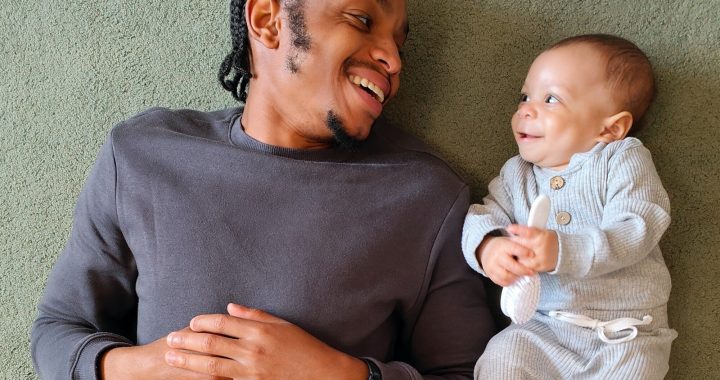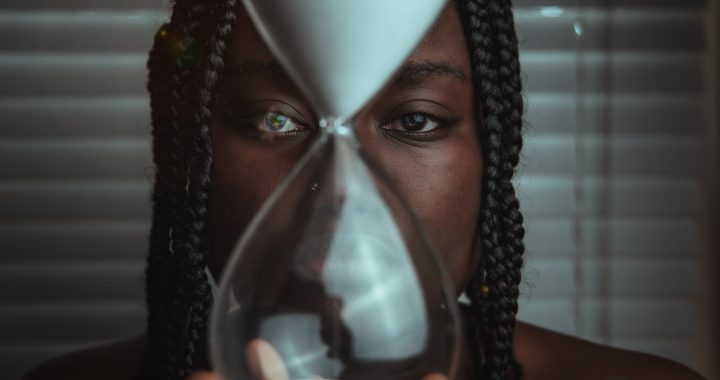
The bored brain
A bored man was working at developing energy sources for radar systems. He failed and wanted to have a coffee break. Suddenly, he realized that the chocolate bar in his pocket had melted during his experiments: he had just discovered the microwave. Many breakthroughs happened by accident – or should I say: boredom. Research studies revealed that getting bored engages the same brain areas as creative thinking.








